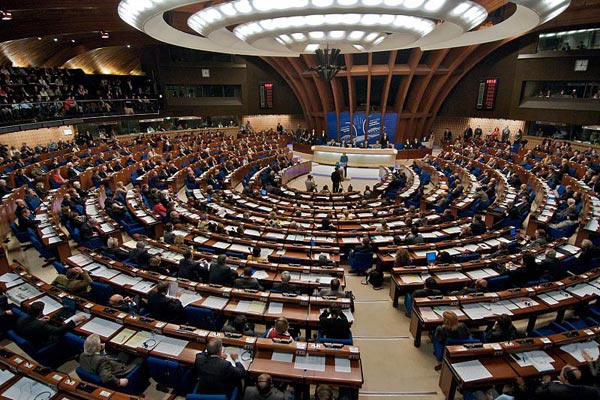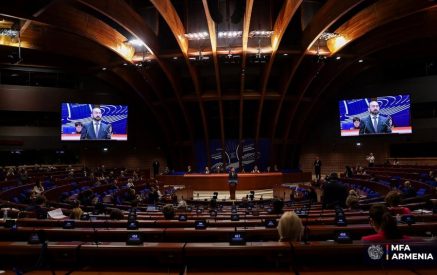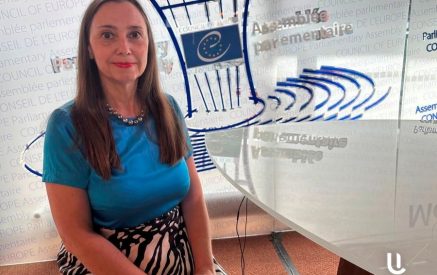Many refugee and asylum-seeker women and girls have been exposed to gender-based violence taking the form of coercion, forced prostitution, harassment, survival sex, sexual slavery or various forms of extortions. However, “their protection from violence has not been considered a priority in the management of the refugee crisis”, today said the Assembly. According to parliamentarians, “the gender dimension of the refugee crisis has been largely overlooked”.
In adopting a resolution based on the report prepared by Gisela Wurm (Austria, SOC), the PACE said that providing protection from gender-based violence to all women “should be a priority, irrespective of their status”. The responsibility to help and protect asylum-seeker and refugee women is not limited to cases of violence perpetrated in destination countries. They should “receive adequate assistance to overcome the trauma they have experienced in their countries of origin or at times in transit”.
The parliamentarians called on Council of Europe member and observer States to sign and ratify “without further delay”, for the States which have not yet done so, the Council of Europe Conventions on Preventing and Combating Violence against Women and on Action against Trafficking in Human Beings. With regard to women’s safety in transit and reception facilities, governments should ensure the presence of female social workers, interpreters, police officers and guards in these facilities, and create safe spaces in every transit and reception facility.
Read also
They should also provide counselling, psychological support and healthcare, including sexual and reproductive healthcare and specific post-rape care for victims of gender-based violence, and ensure that girls are free to decide for themselves, that their voluntary and informed consent should always be obtained, and that they do not require a spouse, parent/guardian or hospital authorities’ authorisation to access sexual and reproductive health services.
The Assembly called for gender sensitive asylum procedures by ensuring the presence of female asylum officers and interpreters. Among other measures to be implemented they cited resettlement and relocation programmes – which represent the safest way for asylum-seekers and refugees to come to Europe -, family reunification and investments in social and economic integration programmes targeting specifically women refugees.























































